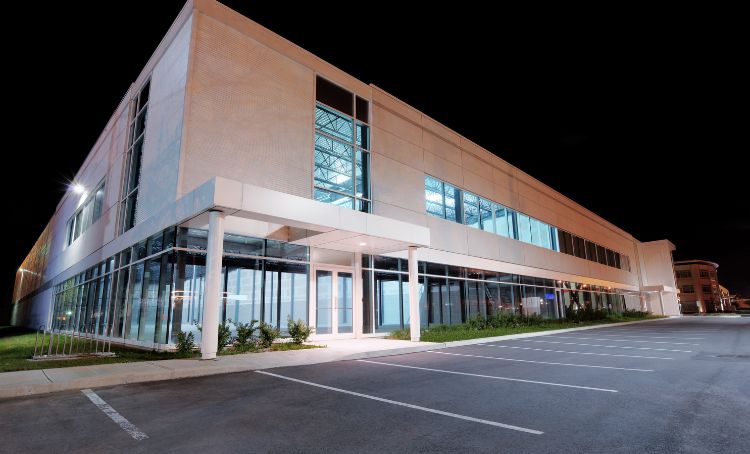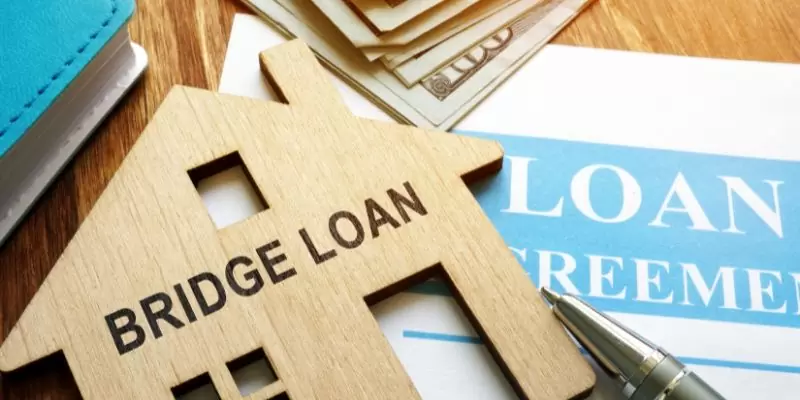If you are new to the real estate market, the best piece of advice we can give you is to know what you don’t know.
Being humble with regard to your relevant experience and knowledge base is the ideal mindset to have for those starting off their real estate investment careers. It is a nuanced and inherently diverse profession riddled with complexities and untold unpredictability that give even the most experienced of investors issues.
Yes, there is a steep learning curve when entering the real estate industry, but the good news is that you can significantly shorten the time it takes you to become proficient by learning from some of the most common missteps others make so you don’t have to learn those lessons the hard way.
Here is a closer look at the most prevailing pitfalls among first-time real estate investors to help you get started out on a positive note.
Failing to Plan
“If you fail to plan, plan to fail”
Spending a small fortune on a property only to realize it is a time and money suck is not the position you want to find yourself in no matter what your experience level or financial status.
When the market is active, it can be challenging to resist pulling the trigger on what appears at face value to be a steal, but you must do your homework first.
Prior to obtaining financing or exhausting your cash reserves, you have to first establish a detailed investment strategy. What type of property are you seeking? Single family? Multi-Family?
Settle on a balanced real estate portfolio goal and then make an investment strategy that aligns with that.
Not Doing Your Research
Think of real estate investing as a similar process of buying a new car. The majority of customers compare a number of different makes and models and ask tons of questions, all in an attempt to justify their considerable investment.
The due diligence process associated with real estate investing should be considerably more thorough.
Find out everything you can about the neighborhood, flood issues, why the owner is selling, local crime rates, what the home sold for last time, average monthly rents – essentially any and all questions related to the ultimate revenue-generating potential of the property should be asked and answered.
Letting Your Emotions Rule Your Decisions
“Never let your emotions overpower your intelligence.”
It is dangerously easy to become emotionally attached to an investment project.
“Going with your gut” and trusting your instincts are sometimes the best play for real estate investors, but they should never cloud your judgment. Especially in situations where there is hard, incontrovertible evidence indicating that your gut instinct was wrong.
In today’s technologically-advanced society, there is a wealth of information for you to analyze and use to inform your investment strategy. From market and neighborhood statistics to rental and cash flow forecasts, the data you need to prevent an uninformed decision is literally just a click away, so don’t neglect it.
Use these resources to stay grounded and ensure that your investment strategy is premised on solid information in order to mitigate risk and optimize your return on investment.
Trying to Do It All Yourself
“Alone we can do so little; together we can do so much.”
One of the most important early lessons real estate investors have to learn is that the business is at its core a team effort.
The ability to establish lasting mutually beneficial relationships and leverage the specialized knowledge and resources of similarly-minded entities is a key component of sustainable growth and success when it comes to the real estate investment industry.
A knowledgeable real estate agent will assist you in locating a profitable asset at a below-market price point.
An outstanding funding partner like Express Capital Financing will ensure you have the money you need when you need it in order to close on all of the promising deals you find.
The list goes on from real estate lawyers for legal advice to contractors, interior decorators, architects and property managers. The bigger your professional network is, the more ideally positioned you are to grow and scale your investment business.
Not Thinking About Your Tenant’s Actual Needs
When it comes to real estate investing, it’s important to remember that your tenants are the lifeblood of your business. You may think that you know exactly what they need in a rental property, but if you don’t consider their actual needs, you could end up making costly mistakes.
One common mistake investors make is not taking into account the lifestyle of their tenants. For instance, if your rental property is located in an area with a lot of young professionals, it’s important to think about what amenities they might appreciate. This could include things like fast internet service, community amenities such as gyms or pools, or even simple touches like a welcome basket.
By taking the time to understand the needs of your target tenants, you can create a rental property that appeals to the demographic you are trying to attract. This can result in happier tenants and a faster rental turnaround time, which will ultimately increase your rental income and overall profits.
Not Getting the Right Financing
Whether you are a beginner investor or an experienced one, it’s important to understand the different types of financing available for your investment property and how they can affect your return on investment.
For instance, if you choose to use conventional bank loans, you may find it difficult to get approved for a loan due to strict requirements and long wait times associated with mortgage payments.
On the other hand, alternative financing options such as hard money loans often have more flexible terms and can be approved quickly. This can give you the opportunity to seize investment opportunities before they’re gone.
By understanding the different types of financing available and choosing the right option for your needs, you can ensure that you are getting the most out of your investment.
Paying Too Much
One of the biggest mistakes real estate investors can make is paying too much for a property. It may seem like a good idea to pay more upfront for a property in order to get into the market faster, but this often ends up costing more in the long run.
When you overpay for a property, your return on investment (ROI) will be lower than it could have been, and you may not be able to make enough off of the property to cover your expenses. Additionally, if the market crashes or interest rates increase, the property could end up being worth less than what you paid for it.
In order to avoid overpaying for a property, it’s important to do your research. Take the time to look at comparable real estate properties in the area and get a full understanding of what the property is actually worth.
Underestimating the Expenses
Underestimating the expenses associated with their investment can lead to serious financial problems down the road – unexpected costs and fees can quickly add up and eat into any profits.
When buying a rental property, it’s important to take into account all closing costs such as legal fees, inspection costs, taxes, title insurance fees , and more. Additionally, you should also factor in on-going costs such as insurance, property taxes, maintenance costs, and potential vacancies.
By understanding all of the expenses associated with your investment, you can ensure that you are getting the most out of your real estate investment.
Not Evaluating the Property Thoroughly Enough
One of the biggest mistakes real estate investors make is not thoroughly evaluating the property they are considering investing in.
This mistake can end up costing thousands or even tens of thousands of dollars down the line. While it may be tempting to rush into a real estate deal that looks promising on paper, it is essential to take a closer look and investigate all aspects of the property before signing any contracts.
It is important to ensure that the property does not have any hidden problems and that all systems are in working order to avoid unexpected expenses. Additionally, you should also inspect the area surrounding the property to make sure it’s safe and livable.
By doing this, you can save yourself a lot of money in potential repairs or costly legal proceedings.
Not Having a Back Up Plan
One of the biggest mistakes that real estate investors make is failing to have a back up plan. A back up plan is essential for any real estate investor, as it ensures that they are prepared for any unexpected issues or events that may arise during or after an investment transaction.
Without a backup plan, investors could find themselves in a difficult situation if their investments do not go as expected.
Get Started Today
For commercial real estate investors, multi-family homes offer a range of advantages that other types of investments may not. With higher returns on investment, lower maintenance costs, and potential tax benefits, multifamily properties can be an attractive option for those looking to diversify their real estate portfolios.
If you would like to learn more about the advantages to real estate investing in multifamily properties, call us on 718-285-0806 or get in touch via our contact form. We offer a number of accessible commercial real estate financing programs for purchasing, renovating, building, and even refinancing multifamily properties.
FAQs
What is the biggest risk of real estate investment?
The biggest risk of real estate investment is the potential for significant financial losses. Real estate can be a great way to earn a return on your money, but it also carries certain risks. The most common risks involve changes in the market conditions, such as an economic downturn or an increase in interest rates that make it difficult to sell or rent out the property. Other risks include tenant eviction, damage caused by natural disasters, and legal disputes.
What is the safest type of real estate investment?
The safest type of real estate investment is investing in properties that generate passive income. Passive income investments are those where you can generate income without actively managing the property.
Examples include rental properties, REITs (real estate investment trusts), or even crowdfunding investments.
Rental properties offer reliable cash flow and the potential for long-term appreciation depending on the market conditions. This makes them a great choice for investors who are looking for a reliable source of income with less risk.




